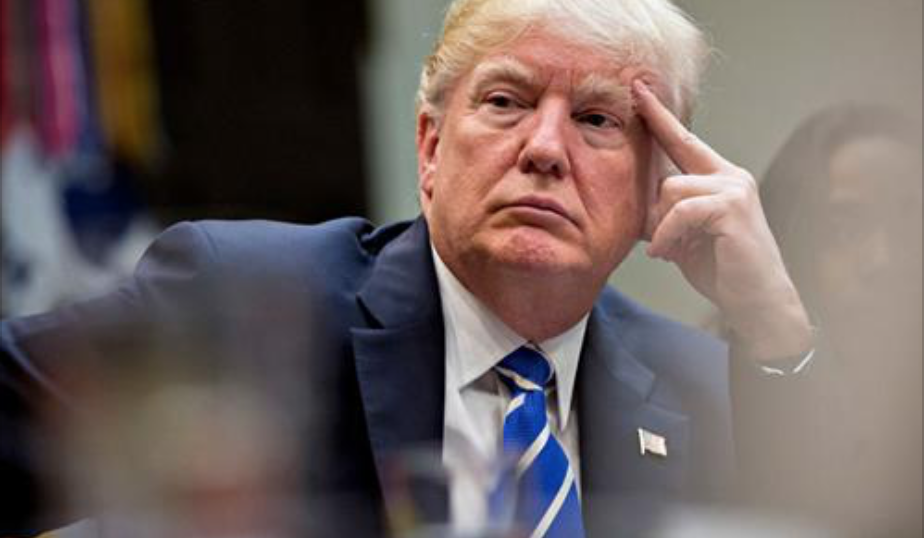Oggi condivido con Voi questo articolo, postato su Financial Times, insieme ad una breve riflessione che ho ricevuto dal mio amico Clyde Prestowitz.
#mustread
“This is an important story because it indirectly demonstrates that the U.S. is an increasingly smaller part of the global economy. With an economy of 20 percent of Global GDP instead of 40 percent, the U.S. cannot maintain the same kind of global role and influence. The idiots who run our foreign policy must begin to recognize this.
By the way, the Democratic policy for remaking America that Schumer outlined yesterday, is mostly more of the same old stuff. Can we get to Schumer? You must know a way to get to Schumer. He seems willing and anxious to do something. I’d love to have an hour with him to give him some new ideas.”
China, EU and Japan are making up for slower US growth, says IMF
Broad global upswing compensates for stalled Trump agenda and faltering UK
by: Shawn Donnan in Washington | The Financial Times | July 24, 2017
Better growth in China, the eurozone and Japan is making up for a slower than expected US economy and Donald Trump’s stalled economic promises as well as a faltering UK, the International Monetary Fund said on Monday.
In its latest update, the IMF left its April forecasts for 3.5 per cent global growth this year and 3.6 per cent next year unchanged. But the lack of change in the world’s headline growth masked what the IMF said was a rotation in the sources of growth.
It also elicited a quip from Christine Lagarde, the IMF’s managing director, who joked to an audience in Washington on Monday that in a decade the fund’s headquarters were likely to be in Beijing. Its bylaws require its headquarters to be located in its largest member, she pointed out, though as the fund’s biggest shareholder the US now has the ability to veto any such move.
The IMF began this year forecasting that Mr Trump’s arrival in Washington would lead to a fiscal stimulus equivalent to 2 per cent of gross domestic product in the US that would help boost global growth. A failure by the Trump administration and Republicans in Congress to advance tax reform and infrastructure plans, however, led the fund last month to downgrade its predictions for US growth this year and next to 2.1 per cent from 2.3 per cent for 2017 and 2.5 per cent for 2018.
US GDP figures for the second quarter to be released on Friday are expected to show the economy bouncing back from a sub-par first quarter, which saw the US economy grow at an annual rate of just 1.4 per cent. There is now no question mark over the world economy’s gain in momentum Maurice Obstfeld, IMF chief economist
But the IMF said it still had muted expectations for the US this year. Instead, it said, better than expected growth in other advanced economies would keep the global economy on track for what Maurice Obstfeld, the fund’s chief economist, called the “broadest synchronised upswing the world economy has experienced in the past decade”.
Behind that broader recovery was a continuing pick-up in world trade, he said, with volumes of goods and services traded globally expected to grow 4 per cent this year, or 0.2 percentage points faster than the IMF forecast in April. If that prediction holds, it would see world trade once again growing faster than overall economic output, despite the rising threats of protectionism articulated by Mr Trump and others.
“There is now no question mark over the world economy’s gain in momentum,” said Mr Obstfeld.
Ms Lagarde said the new numbers also pointed to how the sources of growth in the world had diversified away from the US with 60 per cent of global GDP — and 80 per cent of growth — now coming out of emerging and developing economies.
“The world is changing,” she said.
While the IMF downgraded its forecast for the UK to 1.7 per cent growth this year, the rest of Europe was looking stronger than expected, the fund said. Thanks to better growth in Germany (1.8 per cent) and France (1.5 per cent) the IMF said it now expected the euro area to expand 1.9 per cent in 2017.
China is expected to grow 6.7 per cent this year after last week delivering better than forecast second-quarter growth. The IMF said it also expected China’s slowdown next year to be less dramatic, predicting 6.4 per cent growth in 2018.
The IMF expects Japan, the world’s third-largest economy, to grow 1.3 per cent this year, raising its April prediction by 0.1 percentage points.
Despite his optimism, Mr Obstfeld said the medium-term risks to the global economy, including from protectionism, remained tilted toward the downside.
In their report, IMF economists also warned that although the economic outlook was improving in the short term, the long-term picture remained subdued. That “tepid longer-term growth also carries risks”, they said, pointing to stalling incomes and rising inequality in advanced economies.
Mr Obstfeld cautioned that major emerging economies such as Brazil and Russia still faced big economic challenges and that the IMF expected Latin America to grow slower than previously thought this year and next.
What the IMF and others see as a structural shift lower in many commodity prices also continued to hit the terms of trade of many middle- and low-income countries, he said.
In sub-Saharan Africa the IMF expected growth this year of 2.7 per cent, more than twice the 1.3 per cent growth seen in 2016. But that figure, the fund said, was still “barely above the population growth rate, implying stagnating per capita incomes”.
Qui il PDF

Economics
China, EU and Japan are making up for slower US growth, says IMF Broad global upswing compensates for stalled Trump agenda and faltering UK
Alberto Forchielli26 Luglio 20170
Share



















Lascia un commento